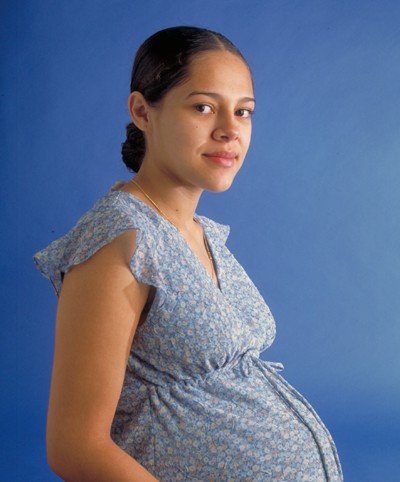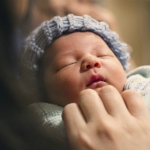Earlier this week, JAMA Pediatrics released the findings of a study which suggested that prenatal exposure to antidepressants may increase the risk of autism spectrum disorders (ASDs). Not surprisingly, this has created a considerable amount of anxiety among women taking these medications. While the headlines may prompt women and their treaters to avoid these medications, a closer look at this study suggests that there are flaws or limitations which may significantly alter how we interpret its findings.
The Study
This was a register-based study of an ongoing population-based cohort, the Québec Pregnancy/Children Cohort. Data from a total of 145,456 singleton full-term infants born between 1998 and 2009 were analyzed.
1054 children (0.7%) were diagnosed with ASD. Children were identified as having ASD if at least one diagnosis of ASD was documented in the medical record. The mean age of children at the end of follow-up was 6.24 (SD 3.19) years.
Antidepressant exposure was defined as having at least one prescription filled at any time during pregnancy or a prescription filled before pregnancy that overlapped the first day of gestation.
The use of any antidepressant during the second and third trimester was associated with an increased risk of ASD (31 exposed infants; adjusted hazard ratio, 1.87; 95% CI, 1.15-3.04). Use of SSRIS during the second and/or third trimester was associated with an increased risk of ASD (22 exposed infants; adjusted hazard ratio, 2.17; 95% CI, 1.20-3.93).
Its Limitations
The concerns raised in this study are not new. Several epidemiologic studies have demonstrated an association between prenatal exposure to SSRIs and increased risk of ASD (Croen et al 2011, Rai et al, 2013). But similar to these earlier reports, the most recent study from Boukhris and colleagues has one very important limitation. This study fails to fully take into consideration that parental psychiatric disorder in itself is associated with an increased risk of ASD in the offspring, and these studies could not distinguish between the effects of drug exposure and the consequences of the underlying maternal psychiatric illness.
As noted in a commentary published in Science News:
But the “critical flaw” in the new research is that it doesn’t fully account for the fact that women suffering from psychiatric illnesses already have a greater risk of having children with ASD, says Roy Perlis, a psychiatric geneticist at Harvard University who consults for several biotechnology startups. Although the authors controlled for maternal depression, “they don’t really have reliable measures of severity,” he says. As a result, there’s no way to tell whether the children were at higher risk because their mothers were taking more drugs or because the women had more severe depression. Several papers, including two from Perlis’s group, have looked at large numbers of women and children and found no increased risk for ASD after adjusting for the severity of maternal depression, he says. “The risk travels with the disease, not the treatment,” he says.
It is also noteworthy that Autism Speaks Director of Public Health Michael Rosanoff has urged caution in interpreting the findings of this new study:
Those findings require important context. “Risk does not equal cause. Eighty-seven percent risk is actually very modest. If the average child has a 1 percent risk, then these children had an 1.87 chance. It may be a risk factor, but according to this study it increases the risk only modestly.”
Rosanoff also urged women with depression to seek medical guidance if they have any doubts. “Women who have depression and are pregnant or considering becoming pregnant should discuss their concerns with their doctors before making any changes to their current medical treatment. There is no evidence to suggest a women should change her medication at this time, but it’s important to understand the risks and benefits of any medication, especially during pregnancy.”
Given the number of factors that may influence risk for autism spectrum disorders, it is difficult to differentiate the impact of prenatal exposure to antidepressants from other prenatal exposures and genetic factors. When we look at studies which take into consideration the severity of maternal illness (reviewed here), it appears that the association between prenatal antidepressant exposure and ASD in the offspring observed in previous studies may, all or in part, be the result of confounding factors, specifically the underlying indication for antidepressant use or other unmeasured factors related to maternal illness during pregnancy.
Ruta Nonacs, MD PhD
Boukhris T, Sheehy O, Mottron L, Bérard A. Antidepressant Use During Pregnancy and the Risk of Autism Spectrum Disorder in Children. JAMA Pediatr. 2015 Dec 14:1-8.








Thank you for shedding some light on this. I knew MGH would have something to say! Puts me a bit more at ease.